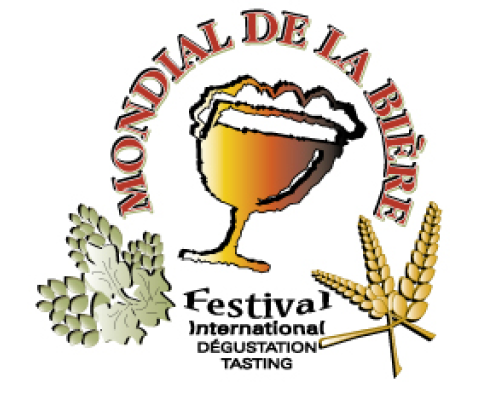Eco-responsibility

The Mondial de la Bière has implemented a five-year action plan (2023-2027) to address the challenges of a gourmet festival with an international brewing focus. Our objective is to become an eco-responsible event within the framework of event tourism, continuously improving year after year to enhance quality of life today and for the future.

Use our Carbon Footprint Calculator

Mondial de la bière Eco-Responsibility Policy
1. Context
Mondial de la bière has adopted a five-year action plan (2023–2027) to address the challenges of a gourmet festival with an international brewing component. Our goal is to become an eco-responsible event within event tourism by increasing our commitment year after year to improve quality of life today and for the future. Event tourism places us in a delicate position, as our aim is to attract visitors to promote our city and our province. It is therefore clear that our event has a significant impact related to transportation. Our other key issues lie mainly in procurement, recovery, and encouraging responsible consumption. We implemented a carbon-footprint calculator in 2024 that will be used even more effectively in 2025, 2026, and 2027.
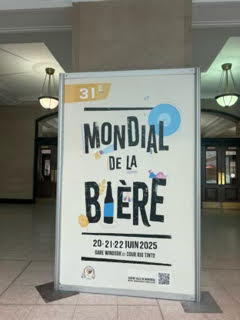
2. Definitions
Eco-responsibility refers to a set of behaviors aligned with sustainable development. Among the best-known eco-responsible behaviors are recycling, composting, using public and active transportation, and purchasing ecological, local, and organic products.
Social practices in events refer to the actions and approaches adopted in organizing events to promote equity, respect for human rights, and people’s well-being. They aim to create a positive impact on local communities and stakeholders by integrating principles of social justice, inclusion, and accountability.
Reuse – the 3RV-E principle. This principle prioritizes, in this order, reduction, reuse, recycling, recovery/valorization, and disposal of residual materials, from an ecological management perspective.
Linguistic note. “3RV-E” is formed from the initials of the French words for reduction, reuse, recycling, valorization, and elimination (disposal).
3. Guiding principles
Our eco-responsibility policy aims to raise awareness among our employees, volunteers, exhibitors, suppliers, and visitors by providing the right information and tools so they can help us collect data and improve our sustainable-development impact year after year. (Actions already underway: see Annex 1.)
4. Scope
This policy applies to our annual event and to any other participation we have in other events. The people subject to this policy are our employees, volunteers, exhibitors, suppliers, and visitors. The organizations associated with this policy include Cadillac Fairview and various specialized providers for sorting, composting, and recycling—together with the collaboration of all those subject to the policy.
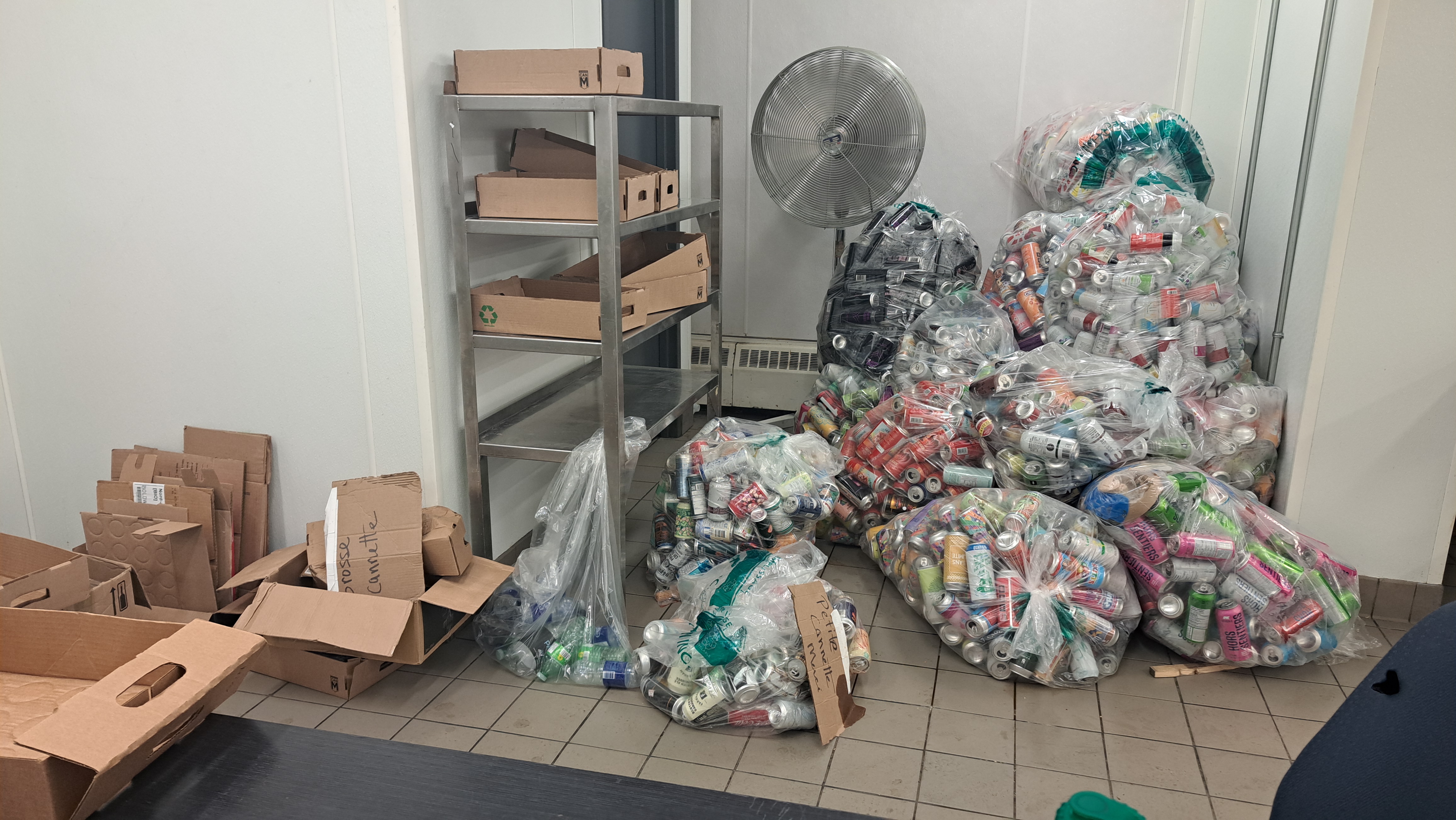
5. Focus areas
Focus 1 — Residual materials: Recovery/residuals/food; IT equipment; reducing single-use items; and donating suitable food. Sorting — Green Team. Focus 2 — Procurement: Clauses in exhibitor and supplier contracts; supplier distance; local ingredients. Focus 3 — Social practices: Protection; harassment prevention. Focus 4 — Water, energy, and transportation: Greenhouse-gas emissions; water; energy; transportation; carbon-footprint calculator.
Monitoring indicators: Diversion rate; weight proof; Green Brigade and sorting center results; forms to calculate ingredients from our exhibitors and suppliers (CQEER standard templates); water recovery during teardown; the report from our carbon-footprint calculator covering visitors, exhibitors, and suppliers. Public-transit partnerships to be arranged with BIXI and the STM.
6. Structure and responsibility
Jeannine Marois is responsible for this policy, which is also shared with our logistics and procurement staff.
7. Authority
Implementation of this policy falls under Jeannine Marois, Chair of the Board and CEO.
8. Follow-up and reporting
This policy will be reviewed by Jeannine Marois, Chair of the Board and CEO, at least every two years and at most every five years, starting November 2, 2024.
9. Effective date
This policy, available at https://festivalmondialbiere.qc.ca/ecoresponsabilite, was adopted by the CEO in April 2023, came into force in May 2023, and was amended on October 14, 2025.

Signed by Jeannine Marois on October 14, 2025.
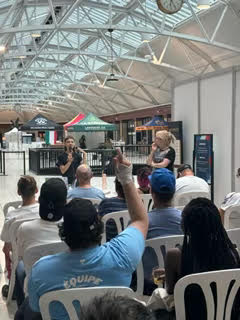
ANNEX 1
Actions already underway
For the May 2023 and 2024 editions and the June 2025 edition of Mondial de la bière, we collaborated with the Windsor Station team and their providers for recycling. Windsor Station already has a solid system in place, which we adapt to our needs during festival week. For example, the pickup frequency for recyclables and landfill waste is increased. We will continue along these lines with them in 2026, should we rent the site again.
On site, bins are clearly identified and visitors and exhibitors cooperate, making our event a clean and responsible festival. This is done in collaboration with GDI Services. We will again work with Recycan Inc. to recover cans. We provide bags to exhibitors. MultiRecycle collected wood residues (beer pallets and more) at the end of the festival. Since the SAQ no longer accepts deposits for imported beers, we retained ConsingAction to take back our cans and bottles. Our pickup logistics work well with exhibitors, and we achieve good end-of-day management. Our microbrewery exhibitors collaborate and also aim to reduce their footprint. This is truly a group effort led by us. One of our colleagues completed two “Lueur” trainings in 2025. We implemented event signage in 2025. SAESEM (Société pour l’action, l’éducation et la sensibilisation environnementale de Montréal – environmental education/awareness) provided “green” training. We offered training to our volunteers and coordinators in 2023. Our staff and volunteers do not change much from year to year; this year, ENUF delivered the training.
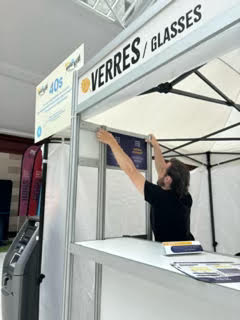
Notable measures
• We eliminated the printing of 95,000 tasting cards and 10,000 programs. (2024)
• We collaborated with Encore Biomatériaux, which develops materials from organic waste, including spent grain (brewing residue).
• We eliminated paper coupons several years ago and use reusable RFID cards. (Since 2017)
• We also eliminated five-ounce plastic cups. Only Mondial de la bière glass tasting glasses (or a reusable goblet) may be used on site. (2024)
• Since 2010, our customers have received a reusable bag to carry their glass and more; this will continue in 2025 to avoid breakage on public roads.
• Our choice of venue is always guided by access to public transportation. Bonaventure and Lucien-L’Allier stations are very close to the site.
• Beyond the ecological reason to encourage public transit, there is a safety consideration for our festivalgoers, as we are a beer-tasting event.
• We will again do our utmost to ensure visitors clearly understand where to dispose of each item: recycling vs. trash. Recycling is managed in collaboration with the venue owner.
• We promote responsible consumption with support from our partners Point Zéro 8 and Alco Prévention Canada (awareness and safe-ride services) for the well-being of our visitors.
• The average tasting size is two to four ounces.
Selected actions carried out in 2025
• An employee completed two trainings from the Lueur program. Various posters related to the program were installed at strategic locations on the event site, and the program was presented during the volunteer meeting.
• We also collaborated this year with GRIP. Their role and presence were explained to volunteers and staff to ensure a clear understanding of their mission on the ground.
• Volunteers and employees received training delivered by an employee from Enuf. A PowerPoint presentation was sent out. Exhibitors were informed. We posted signage for visitors, and the Green Squad educated attendees on sorting. One employee took part in an afternoon of talks and a workshop on residual-materials management at events, presented by Tourisme Montréal at the Maison du Développement durable.
• We hired Enuf to help with sorting and residual-materials management. Agents were on site, and we also had volunteers stationed with the Green Squad.
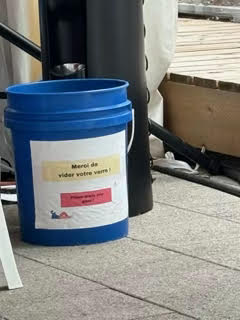
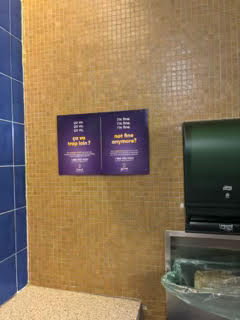
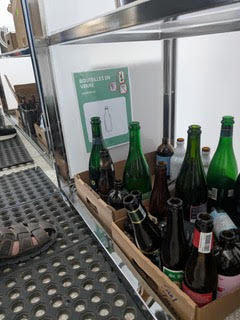
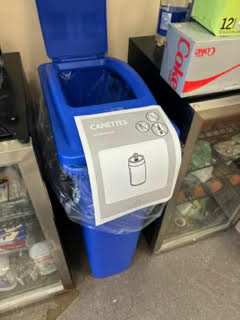
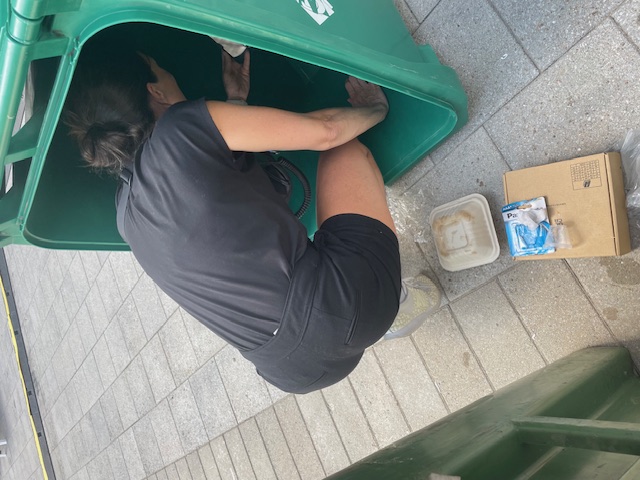
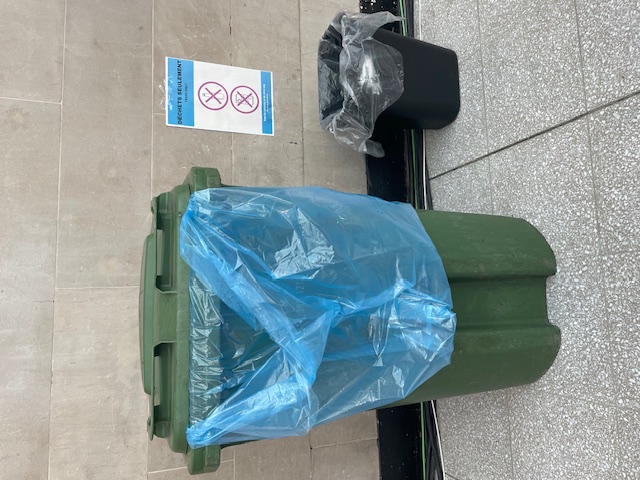
© 1993-2026 Mondial de la Bière



